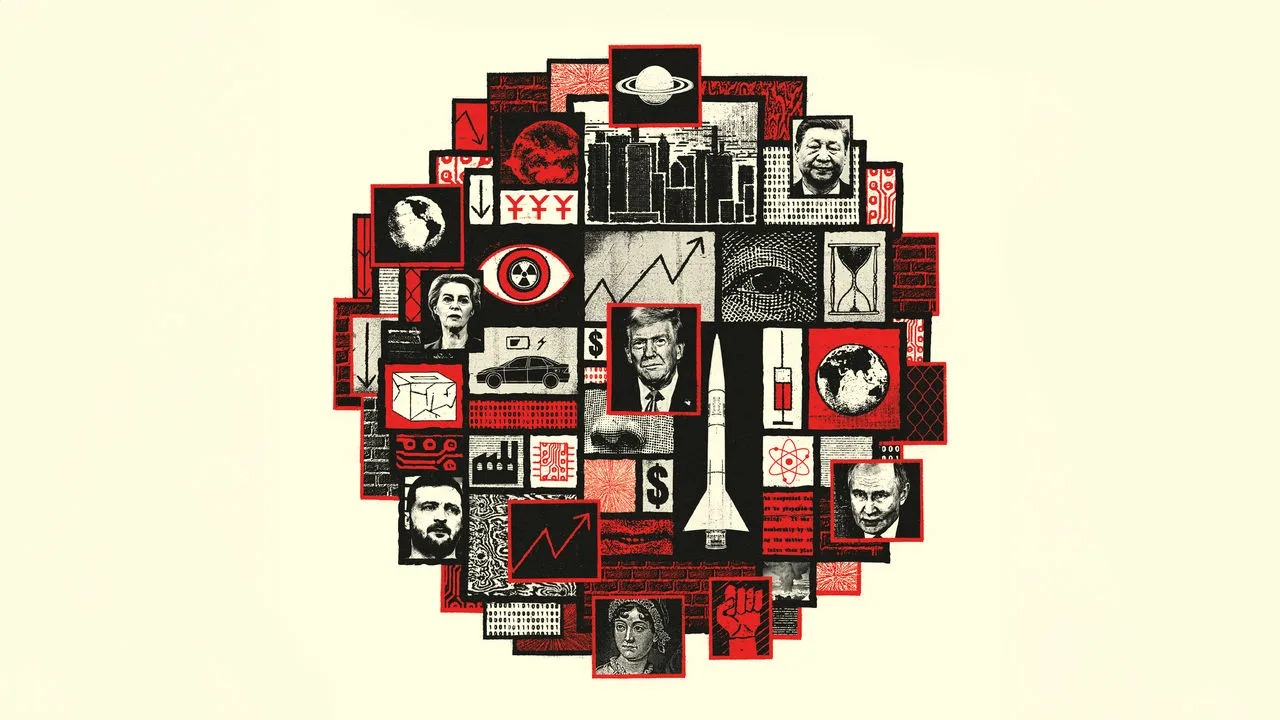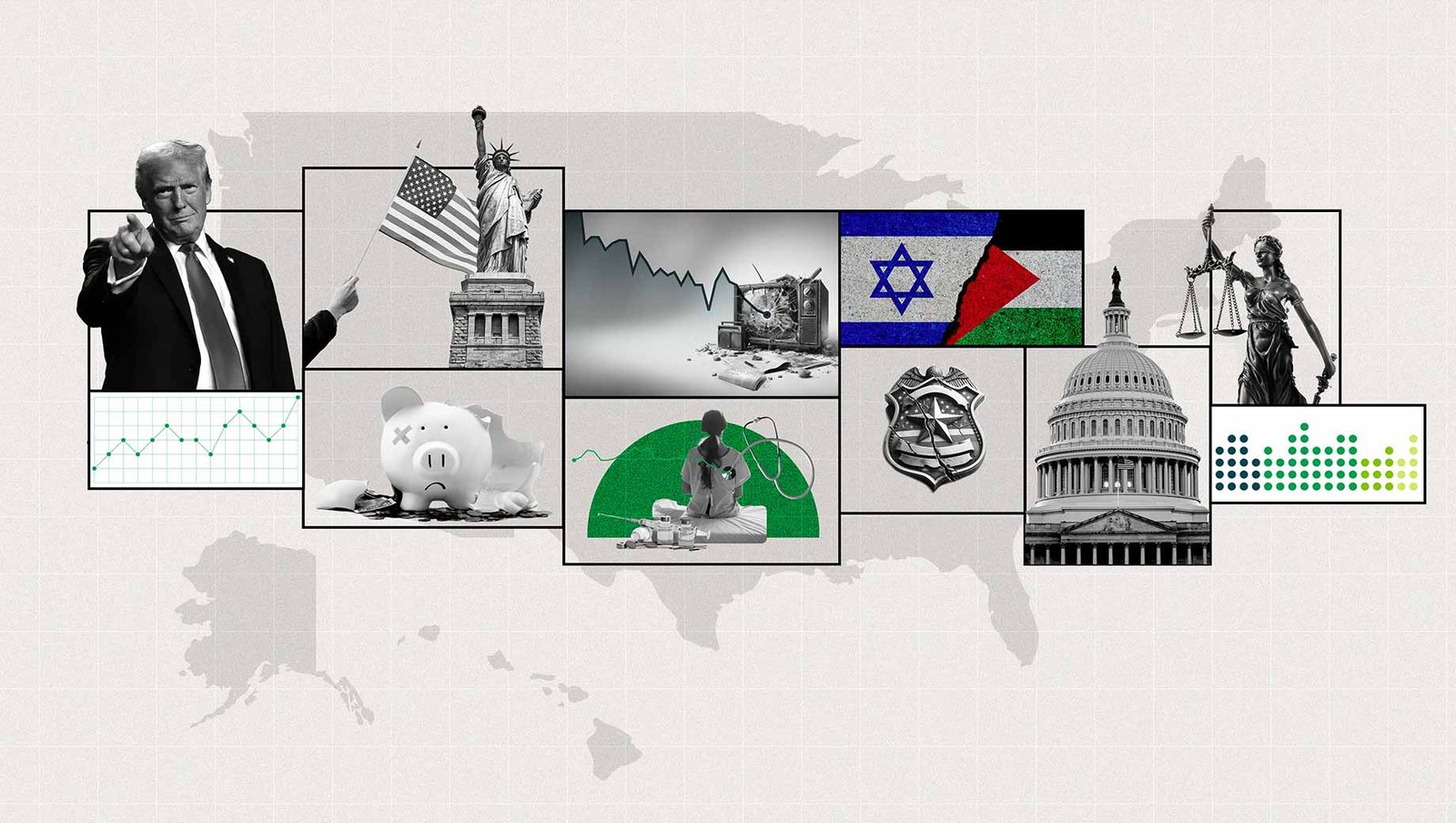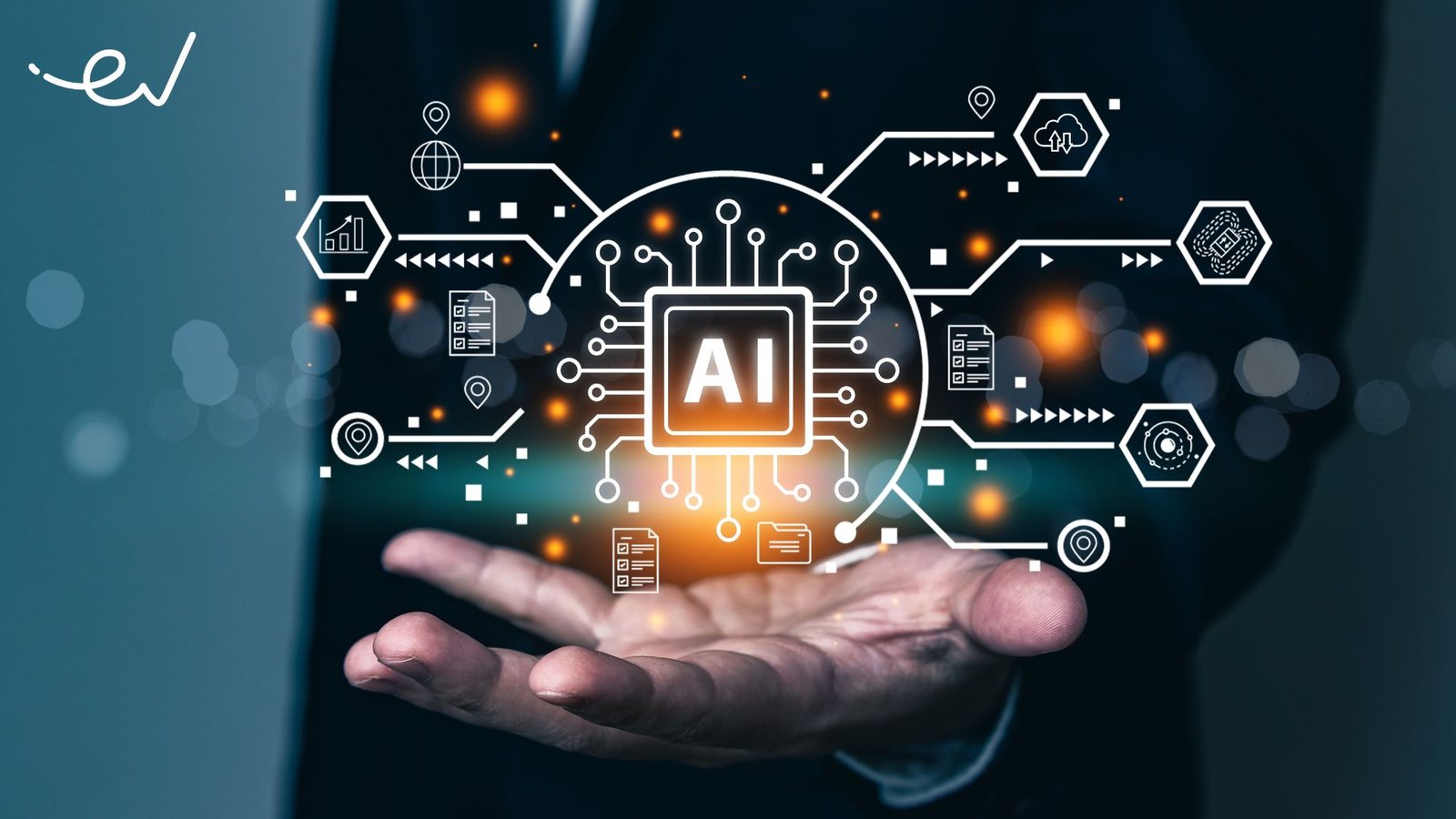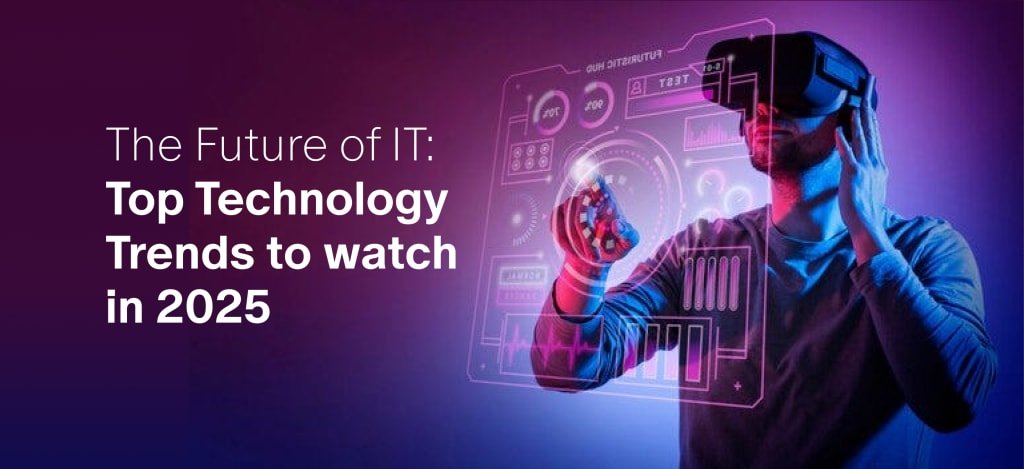Artificial Intelligence (AI) is revolutionizing various industries, and healthcare is at the forefront of this transformation. In 2025, AI-driven innovations are significantly enhancing diagnostics, treatment, patient care, and administrative efficiency. This article explores the evolving role of AI in healthcare and its potential impact on medical practices worldwide.
1. AI-Powered Diagnostics and Disease Detection
AI is improving diagnostic accuracy by analyzing vast amounts of medical data faster than human experts. Machine learning models are being used to detect diseases such as cancer, Alzheimer’s, and cardiovascular conditions at earlier stages.
In 2025, AI-driven imaging tools, such as computer-aided detection (CAD) systems, are assisting radiologists in identifying abnormalities in X-rays, MRIs, and CT scans with increased precision. AI-based pathology tools are also helping in identifying rare diseases through genomic analysis.
2. Personalized Treatment Plans
AI is enabling precision medicine by tailoring treatments to individual patients. By analyzing genetic data, lifestyle factors, and medical history, AI algorithms can recommend the most effective therapies for specific conditions.
For instance, AI-driven drug discovery platforms are accelerating the identification of personalized cancer treatments, reducing trial-and-error approaches, and improving patient outcomes. AI-powered robotic surgery is also becoming more advanced, allowing for minimally invasive procedures with higher accuracy.
3. Virtual Health Assistants and Chatbots
The rise of AI-powered virtual health assistants is transforming patient engagement. Chatbots and virtual assistants provide 24/7 medical advice, appointment scheduling, and symptom assessments.
In 2025, healthcare providers are using AI-driven chatbots to monitor chronic disease patients remotely, offering real-time recommendations and reducing hospital visits. AI assistants integrated with wearable devices are also tracking vital signs and alerting doctors to potential health risks.
4. AI in Medical Research and Drug Development
AI is significantly accelerating drug discovery and medical research. By analyzing biological data and predicting molecular interactions, AI is helping pharmaceutical companies develop new drugs faster and more cost-effectively.
In 2025, AI-driven simulations are being used to predict drug efficacy, reducing the need for extensive clinical trials. AI-powered bioinformatics tools are also advancing research in genomics, helping scientists understand complex diseases at the molecular level.
5. Administrative Efficiency and Healthcare Management
AI is streamlining administrative tasks in healthcare, reducing the burden on medical professionals. From electronic health record (EHR) management to automated billing and scheduling, AI is improving operational efficiency.
Hospitals are leveraging AI-driven predictive analytics to optimize resource allocation, ensuring that medical facilities are adequately staffed and equipped to handle patient needs. AI-based fraud detection systems are also minimizing errors in medical billing and insurance claims.
6. AI in Mental Health Support
AI is playing a crucial role in mental health care by providing accessible and personalized support. AI-driven mental health apps are analyzing speech patterns, social media activity, and biometric data to detect early signs of anxiety, depression, and other psychological conditions.
In 2025, virtual therapy platforms powered by AI are offering personalized mental health interventions, connecting patients with therapists, and providing cognitive behavioral therapy (CBT) exercises based on real-time assessments.
7. Ethical and Regulatory Considerations
As AI adoption in healthcare grows, ethical concerns and regulatory challenges must be addressed. Issues related to patient data privacy, algorithmic bias, and AI accountability are at the forefront of discussions.
In 2025, governments and healthcare organizations are working on regulatory frameworks to ensure ethical AI deployment. Strict data protection laws and transparency in AI decision-making processes are being enforced to maintain public trust in AI-driven healthcare systems.
Conclusion
AI is reshaping the future of healthcare, offering groundbreaking advancements in diagnostics, treatment, patient engagement, and research. As AI technologies continue to evolve, they promise to make healthcare more accessible, efficient, and personalized. However, addressing ethical challenges and regulatory compliance will be essential to harness AI’s full potential for the benefit of global health.
By embracing AI-driven innovations responsibly, healthcare professionals and policymakers can ensure that AI enhances medical outcomes while maintaining human oversight and patient-centric care.








Leave a Reply